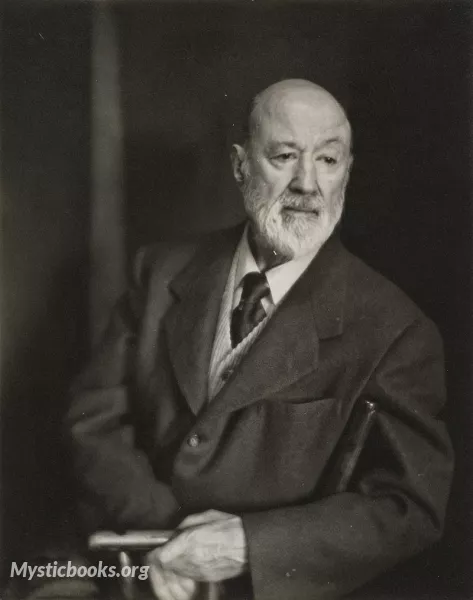
Timeline
Title
Country/Nationality
Charles Ives
Charles Ives was an American composer who is considered one of the most important figures in 20th-century American music. He was a pioneer of modernism, and his music is characterized by its use of polytonality, polyrhythms, and atonality. Ives was also a deeply patriotic composer, and his music often incorporates American folk melodies and hymns.
Early Life and Education
Ives was born in Danbury, Connecticut, in 1874. His father, George Edward Ives, was a bandmaster in the Union Army during the Civil War. Ives's mother, Mary Elizabeth Parmelee, was a gifted pianist. Ives began studying music with his father at an early age, and he showed an early talent for composition.
Ives attended Yale University, where he studied music with Horatio Parker. He graduated in 1896 and then moved to New York City, where he worked as a church organist and composer.
Career
Ives's early works were influenced by the music of European composers such as Brahms and Wagner. However, he soon began to develop his own unique style, which incorporated elements of American folk music, hymns, and popular songs.
Ives's most famous works include the orchestral pieces The Unanswered Question and Central Park in the Dark, the songs Circus Band and The Things Our Fathers Loved, and the chamber pieces Three Places in New England and The Second String Quartet.
Philosophy
Ives's music is often characterized by its use of multiple tonalities, rhythms, and melodies. This can create a sense of chaos and dissonance, but it can also be seen as a reflection of the complexity and diversity of American life.
Ives was a deeply patriotic composer, and his music often incorporates American folk melodies and hymns. He believed that American music should be independent of European traditions, and he sought to create a uniquely American musical style.
Death and Legacy
Ives died in New York City in 1954. He was largely ignored during his lifetime, but his music has since been rediscovered and appreciated. Ives is now considered one of the most important figures in 20th-century American music.
Notable Works
- Three Places in New England (1909-1914)
- The Unanswered Question (1908)
- Central Park in the Dark (1907)
- The Celestial Railroad (1894-1915)
- Holidays Symphony (1909-1916)
- Piano Sonata No. 2 ("Concord") (1912-1915)
- Fourth Symphony (1910-1928)
Interesting Facts About Charles Ives
- Ives was a successful businessman as well as a composer. He worked for a life insurance company for over 40 years, and he used his wealth to support other composers and musicians.
- Ives was a deeply religious man. He was a Congregationalist, and his music often reflects his religious beliefs.
- Ives was a pioneer of electronic music. He composed a number of pieces for the Theremin, an early electronic instrument.
Conclusion
Charles Ives was a complex and fascinating figure. He was a brilliant composer who made significant contributions to American music. He was also a deeply patriotic American who believed that American culture should be independent of European traditions. Ives's music is still enjoyed and admired today, and he is considered one of the most important composers of the 20th century.
Books by Charles Ives

Essays Before a Sonata
In this captivating collection of essays, Charles Ives, one of America's most groundbreaking composers, unveils his philosophical underpinnings, creative process, and the very essence of his musical language. Prepare to be challenged and inspired as...